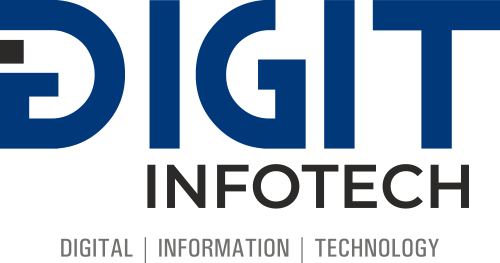Blockchain technology is revolutionizing various industries by introducing decentralized and transparent systems that enhance security, efficiency, and trust. Here are some key industries where blockchain is making a significant impact:
1. Finance and Banking:
– Cryptocurrencies and Digital Assets: Blockchain underpins cryptocurrencies like Bitcoin and Ethereum, providing a decentralized and secure way to conduct financial transactions without the need for intermediaries.
– Smart Contracts: Automation of contractual agreements through smart contracts reduces the need for intermediaries, streamlining processes and minimizing the risk of fraud.
2. Supply Chain Management:
– Transparency and Traceability: Blockchain enables real-time tracking of products from the source to the end consumer, ensuring transparency and traceability in the supply chain.
– Reduced Fraud: By securely recording every transaction on the blockchain, fraud and counterfeiting can be minimized, as the information is tamper-resistant.
3. Healthcare:
– Data Security: Blockchain enhances the security and privacy of patient data by providing a decentralized and immutable ledger. This ensures that sensitive information is securely stored and accessed only by authorized individuals.
– Interoperability: Blockchain can facilitate interoperability among different healthcare systems, allowing seamless and secure sharing of patient data across organizations.
4. Real Estate:
– Smart Contracts for Property Transactions: Blockchain facilitates the use of smart contracts in real estate transactions, automating and securing processes like property transfers, title management, and escrow services.
– Reduced Fraud and Improved Transparency: Immutable records on the blockchain reduce the risk of fraudulent activities, while transparency in property ownership details can be improved.
5. Supply Chain Management:
– Transparency and Traceability: Blockchain enables real-time tracking of products from the source to the end consumer, ensuring transparency and traceability in the supply chain.
– Reduced Fraud: By securely recording every transaction on the blockchain, fraud and counterfeiting can be minimized, as the information is tamper-resistant.
6. Smart Contracts:
– Automated and Trustworthy Contracts: Smart contracts execute automatically when predefined conditions are met, reducing the need for intermediaries and ensuring trust in the execution of contractual agreements.
7. Government Services:
– Secure Voting Systems: Blockchain can be employed to create secure and transparent voting systems, reducing the risk of fraud and manipulation in elections.
– Identity Management: Decentralized identity systems on the blockchain can enhance the security and privacy of citizens’ personal information.
8. Education:
– Credential Verification: Blockchain can be used to securely store and verify educational credentials, reducing the risk of credential fraud.
– Transparent Accreditation: Academic institutions can use blockchain to provide transparent and immutable records of accreditation and certification.
In summary, blockchain technology is revolutionizing industries by providing decentralized, transparent, and secure solutions that enhance efficiency, reduce fraud, and foster trust in various sectors. As the technology continues to evolve, its impact on diverse industries is likely to expand further.


